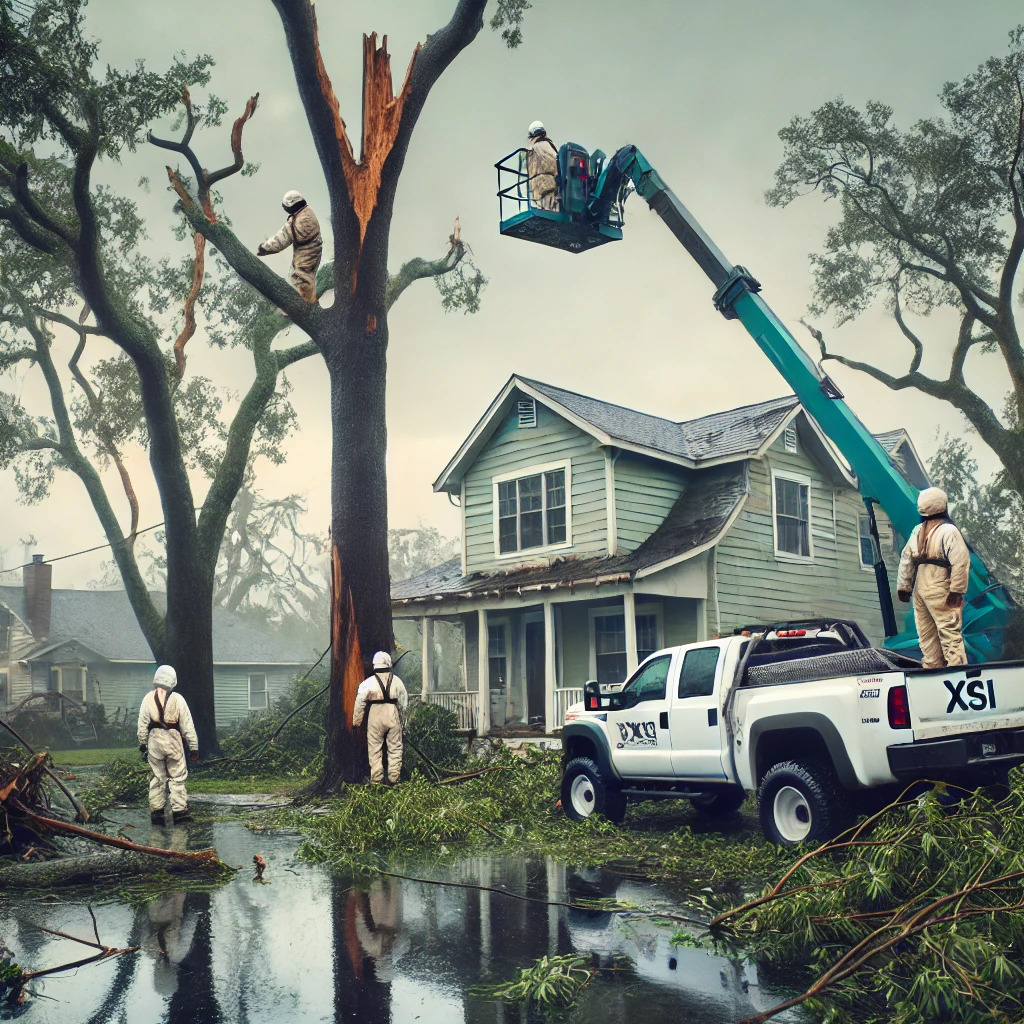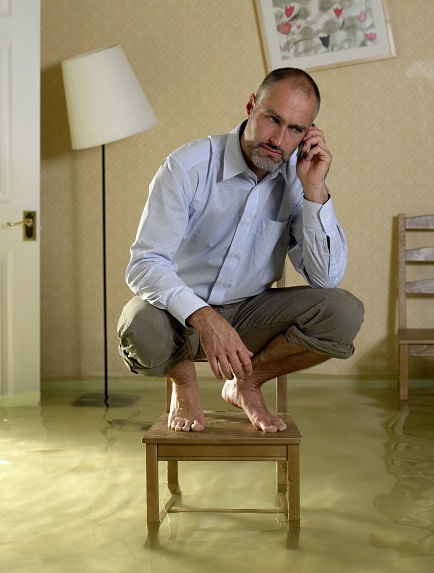Tropical Storm Helene recently swept through Georgia, leaving a trail of water damage, downed trees, and power outages in its wake. As homeowners begin the recovery process, it’s crucial to know the right steps to take immediately after a storm to protect your property and ensure a smooth restoration process. At XSI Restoration, we specialize in storm damage recovery and want to guide you through the essential actions to take after a storm like Helene.
Post-Storm Recovery Steps for Homeowners
1. Ensure Safety First
Your safety and that of your family should be the top priority after a storm. Avoid entering heavily damaged areas until you’ve confirmed they are safe. Watch out for hazards like downed power lines, sharp debris, and flooding, which can pose immediate dangers. If your home is severely damaged, consider staying elsewhere until it’s deemed safe by professionals.
2. Document the Damage
Before beginning any clean-up, document the damage thoroughly. Use your phone to take photos and videos of all affected areas. Be sure to capture both the exterior and interior damage, including any structural issues, water intrusion, or broken items. These images will be essential when filing your insurance claim, helping you get the maximum compensation for repairs.
3. Contact Your Insurance Company
Once you’ve documented the damage, reach out to your insurance provider as soon as possible to report the storm damage. Provide them with your photos and videos and keep records of all communication. It’s important to familiarize yourself with your policy, so you understand what coverage you have for storm damage, particularly for water damage, roof repairs, or flood insurance.
4. Prevent Further Damage
While waiting for professional help, do what you can to prevent further damage to your property. This might include placing tarps over holes in the roof, boarding up broken windows, or removing valuables from flooded areas. Be careful not to take on more than you can safely handle, and always leave major repairs to professionals.
5. Call a Professional Restoration Company
Once you’ve reported the damage, it’s time to call XSI Restoration, your trusted local storm damage restoration experts. We understand how overwhelming it can be to face storm damage, and our team is here to help. With our emergency response services, we can quickly assess the damage, mitigate water damage, and begin the cleanup and restoration process. Whether your home has suffered water damage, roof damage, or structural issues, our team has the expertise and equipment to restore your property to its pre-storm condition.
6. Assess Mold Risk
After a storm like Helene, the risk of mold growth is high due to the moisture introduced by rain and flooding. Mold can develop within 24 to 48 hours in damp environments, so it’s critical to act fast. At XSI Restoration, we offer professional mold remediation services to ensure your home is safe and free from mold-related health hazards.
7. Start Repairs
Once the immediate threats are addressed and your home is secured, we’ll work with you to create a detailed plan for full restoration. Whether it’s repairing damaged roofing, removing water from flooded areas, or restoring walls and floors, XSI Restoration will handle every step of the process with precision and care.
Conclusion
Recovering from storm damage can be stressful, but following these steps can help you stay safe and make the recovery process smoother. With the recent impact of Tropical Storm Helene, it’s more important than ever to act quickly and get professional help. At XSI Restoration, we are committed to helping Georgia residents recover from storm damage efficiently and effectively.
Contact us today to learn how we can assist you in restoring your home. For storm recovery support, call XSI Restoration or visit our website. We’re here to help you weather any storm!









